By: Dr. W. Scott West, Chief Medical Officer, Nashville Neurocare Therapy
During Mental Health Awareness Month this May, it is important to recognize that depression is a serious illness that affects millions of individuals. By raising awareness of mental health issues and promoting access to effective treatments, we can help individuals with depression live happier, healthier lives.
According to a 2021 study, 8.9 million adults in the United States live with major depressive disorder, and 2.8 million have treatment-resistant depression or TRD. For those with TRD, traditional therapies such as medication and talk therapy may not be enough to provide relief. Transcranial magnetic stimulation therapy (TMS) offers a promising alternative.
TMS Therapy is a non-invasive procedure that uses magnetic-pulse technology to stimulate nerve cells in the brain. The FDA-cleared therapy involves placing a magnetic coil against the scalp and delivering magnetic pulses to specific areas of the brain known to be associated with depression, including the centers that control mood and behavior. These pulses help to regulate the brain’s activity, ultimately leading to a reduction in depressive symptoms. During treatment, TMS Therapy strengthens the brain’s neural pathways making it easier for patients to regulate their own mood and behavior, which offers real and lasting relief from depression.
For individuals with TRD, TMS Therapy has been shown to be particularly effective. In fact, a study by Sarah L. Garnaat et al. found that TMS Therapy led to a significant reduction in depressive symptoms in 58% of patients with treatment-resistant depression. This is a considerable improvement compared to traditional therapies. And, according to Adam P. Stern, MD at Harvard Health, “approximately 50% to 60% of people with depression who have tried and failed to receive benefit from medications experience a clinically meaningful response with TMS,” and “about one-third of these individuals experience a full remission” from their depressive symptoms.
One of the benefits of TMS Therapy is that it does not require any anesthesia or sedation and is 100% drug-free. Patients are awake and alert throughout each treatment session, which typically takes about 20 minutes. Additionally, TMS Therapy has been shown to have minimal side effects, with the most common being mild scalp discomfort or headache.
Another advantage of TMS Therapy is that it can be used with other treatments, such as medication and talk therapy, based on the patient’s needs and the doctor’s recommendation. In fact, research has shown that combining TMS Therapy with traditional therapies can lead to even better results for patients. A large study by Lana Donse et al. found that “combining rTMS and psychotherapy resulted in a 66% response and a 56% remission rate at the end of treatment with 60% sustained remission at follow-up”. These rates are relatively high and promising.
It is important to note that TMS Therapy is not a one-size-fits-all treatment. As with any therapy, working with a healthcare provider is crucial to determine if TMS Therapy is the right choice for an individual patient. In general, TMS Therapy is recommended for individuals who have not responded to traditional therapies or who have experienced intolerable side effects from medication. The American Psychiatric Association lists TMS Therapy as an option if antidepressants aren’t working for you.
If you aren’t finding relief from your depression through talk therapy or medication alone, talk to your doctor about TMS Therapy. At Nashville Neurocare Therapy, we specialize in TMS Therapy and offer a Free TMS Screening for anyone that wants to explore this proven and safe treatment path. Additionally, we offer Medication Management services. Embrace Mental Health Awareness this May, and take a Free TMS Screening yourself or share with a loved one struggling with depression.
About the Author: Dr. W. Scott West
Nationally recognized, board-certified psychiatrist, Dr. W. Scott West, blazed the trail for TMS therapy in Tennessee as the first physician to offer this advanced technology in 2010. With 30+ years experience in clinical depression, Dr. West leads the Nashville Neurocare team.
- Board Certified Psychiatrist
- Specialty: Certified TMS Psychiatrist since 2010
- Diplomate: The American Board of Psychiatry and Neurology
- Distinguished Life Fellow: American Psychiatric Association
- Residency: Vanderbilt University, Hospital Department of Psychiatry
- Medical School: University of Tennessee, Memphis, Center for the Health Sciences
- Hospital Affiliations: St. Thomas Hospital


